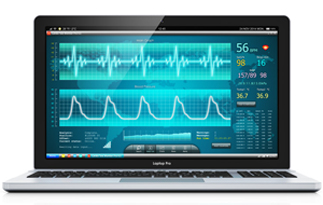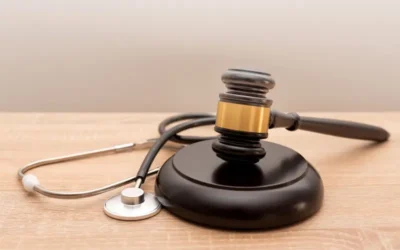Medical record review companies handling sensitive medical records have one thing uppermost in mind, namely, maintaining the security and confidentiality of the healthcare information passing through their hands. These documents have to be securely stored and maintained, and only authorized personnel allowed access to them. This is an indispensable requirement in all facilities where medical records are kept. HIPAA requires healthcare providers as well as their outsourcing partners to maintain the confidentiality of patient records. For better patient care and more precise treatment, speedy access to the medical records needs to be ensured. This is where the challenge of combining speedy access and medical record confidentiality arises.
Google seems to have a solution for this – Google’s AI (artificial intelligence) research section suggests that the Blockchain-like data auditing system they call Verifiable Data Audit is the answer. A blockchain is a data structure that is a digital ledger of transactions that allows sharing of digital ledgers among a distributed network of computers. Everyone in the network can manipulate the ledger in a secure way without the need of a central authority. The Google team is starting to develop Verifiable Data Audit for healthcare in an effort to provide the healthcare sector with the technology that can assist clinicians in predicting, diagnosing and preventing serious illnesses.
Verifiable Data Audit will enable hospitals and patients to see who is accessing health records and what they are using them for. Since medical data is extremely sensitive and personal, the capability to keep an eye on it is immensely beneficial. It could also help enforce rules around patient consent. According to the Google AI team leaders, what is important is what is being done with the medical data more than where it is stored. Their objective is to make what is being done with the data verifiable and auditable in real time.
Though not exactly like blockchain, Google’s audit security tool has all features that make blockchain such a desirable system for industries. It will utilize cryptographic mathematics just as blockchain does. A new code will be generated that covers all earlier activity, every time data is accessed. This means that whenever someone attempts to access and edit a particular record with dubious objectives, all subsequent records would be messed up. Therefore, the misused data is quickly revealed. The system works by adding an entry to a special digital ledger each time there is any interaction with data. That entry will record the fact that a particular piece of data has been used, as well as the reason why it was used. This ensures transactional security just as that provided by blockchain-based systems.
At present there are two major blockchains that are prevailing – Bitcoin blockchain and Ethereum blockchain. The former is dedicated exclusively for the trade and storage of Bitcoins. The latter is all set to become popular in businesses around the world. It is used in gold investing, crowd funding, payment systems and a number of other cloud computing functions. Banks, Intel, Microsoft, and Accenture are among the major users of the Ethereum blockchain.
Medical review companies providing medical record review for attorneys are fully aware of the importance of patient privacy and confidentiality, and would welcome systems like blockchain that ensure more security. There is no doubt that such systems will find use in the medical and legal sectors, where confidentiality of sensitive information is a major consideration. It is expected that with competition increasing among businesses, blockchain technology is going to witness a huge increase in demand in the future.




